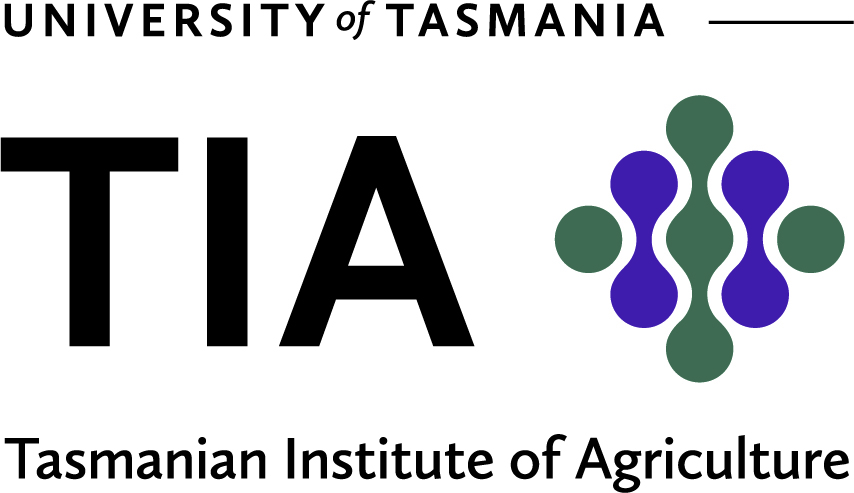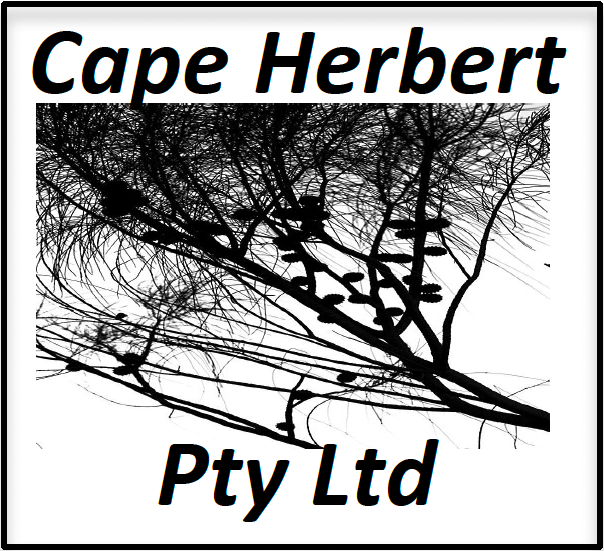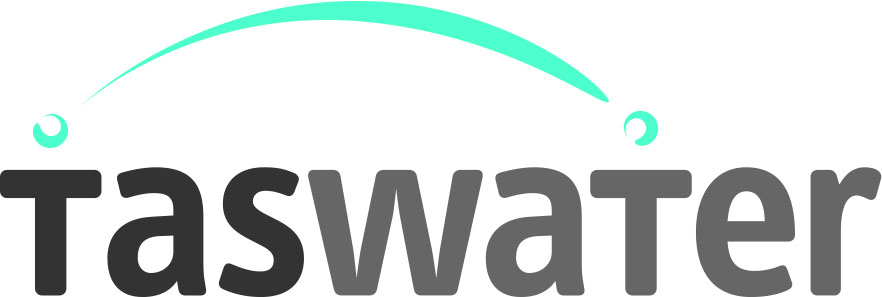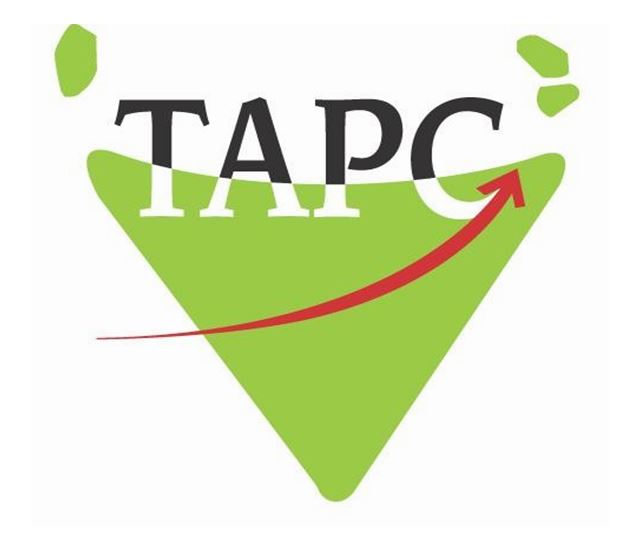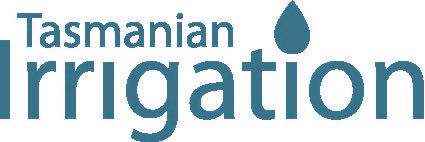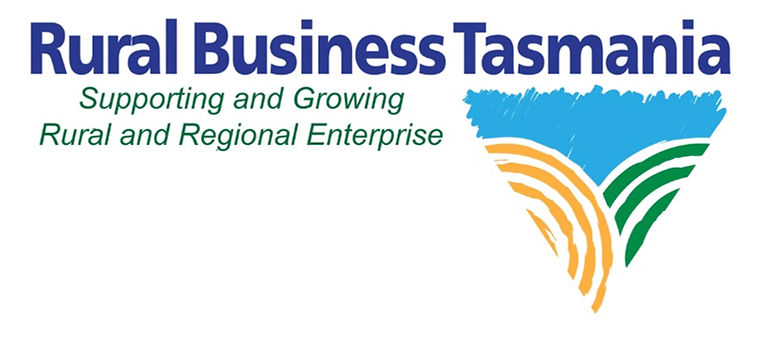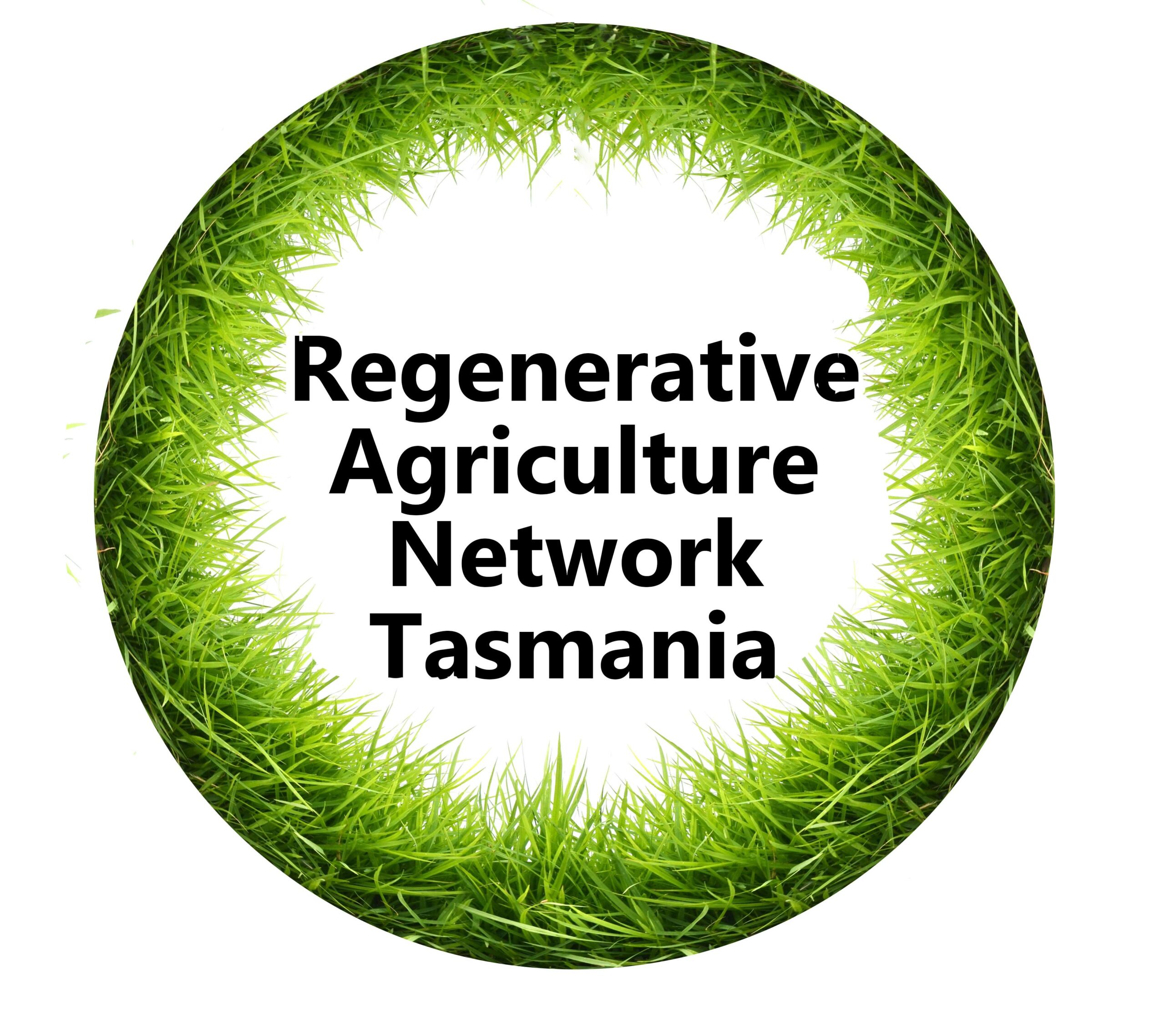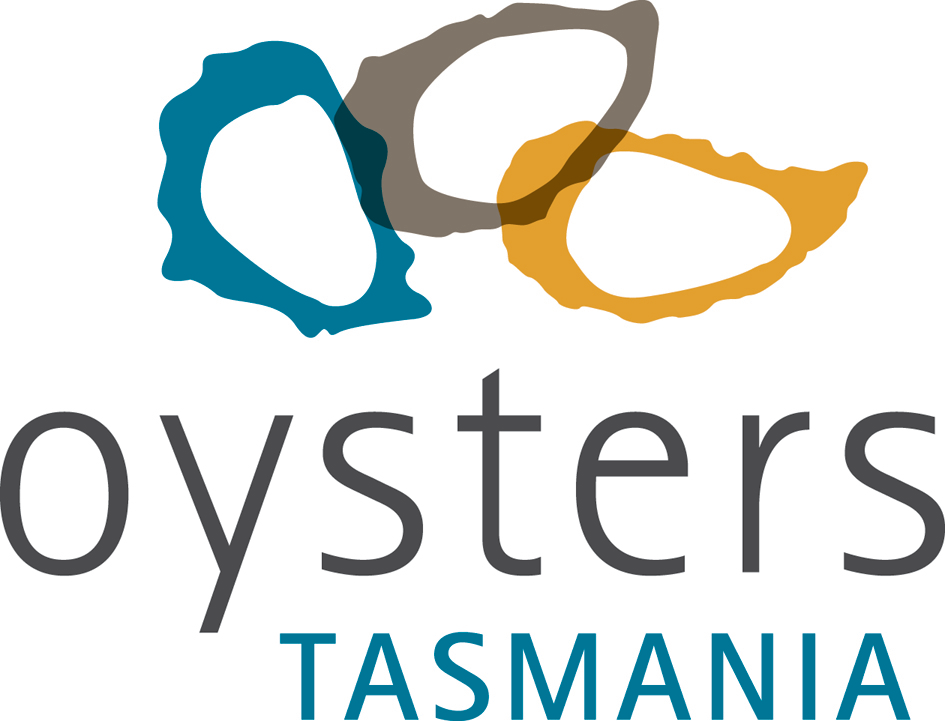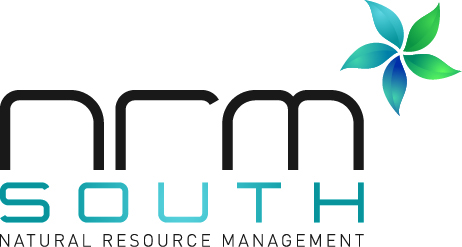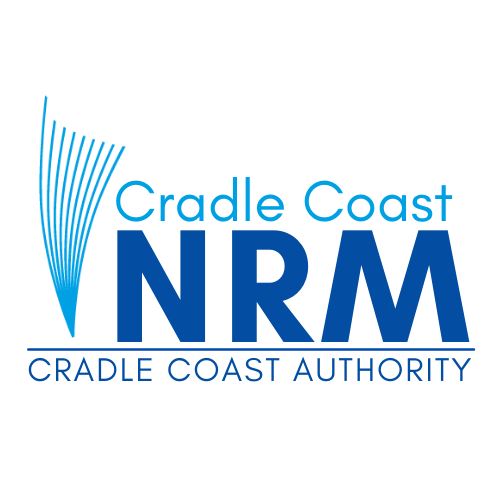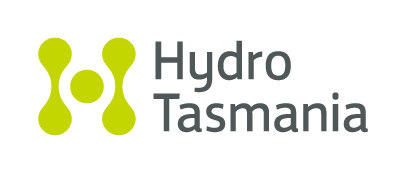Search for a resource
A project that aims to use the farmer networks of two major primary industry processing companies to improve adoption of practices that build healthy, productive and resilient soils in the beef and intensive horticulture sectors. Work will focus on techniques that build soil carbon and improve water-holding capacity and nutrient cycling – reducing reliance on increasingly expensive inputs.
By combining long-term climate modelling with improved local weather monitoring and monitoring of subsoil moisture, this project aims to reduce drought risk by giving growers an early warning for reduced pasture growth. Monitoring hardware combined with purpose-designed interfaces and training will allow farmers to proactively manage their risk.
Sensors placed in diverse estuary locations will provide real-time data via Oysters Tasmania's ShellPOINT data portal, allowing growers and ShellMAP staff to easily access temperature, salinity and tide information. Project outputs will increase agility for on-farm decisions and build capability for strategic management and planning.
OpenNose, a low-cost open-source electronic nose, will be demonstrated on commercial properties to explore barriers to adoption and develop a business plan for the commercialisation of electronic nose technology in Tasmania and beyond.
